The rise of Kamala Harris: From skepticism to enthusiastic support
- Update Time : Tuesday, August 6, 2024
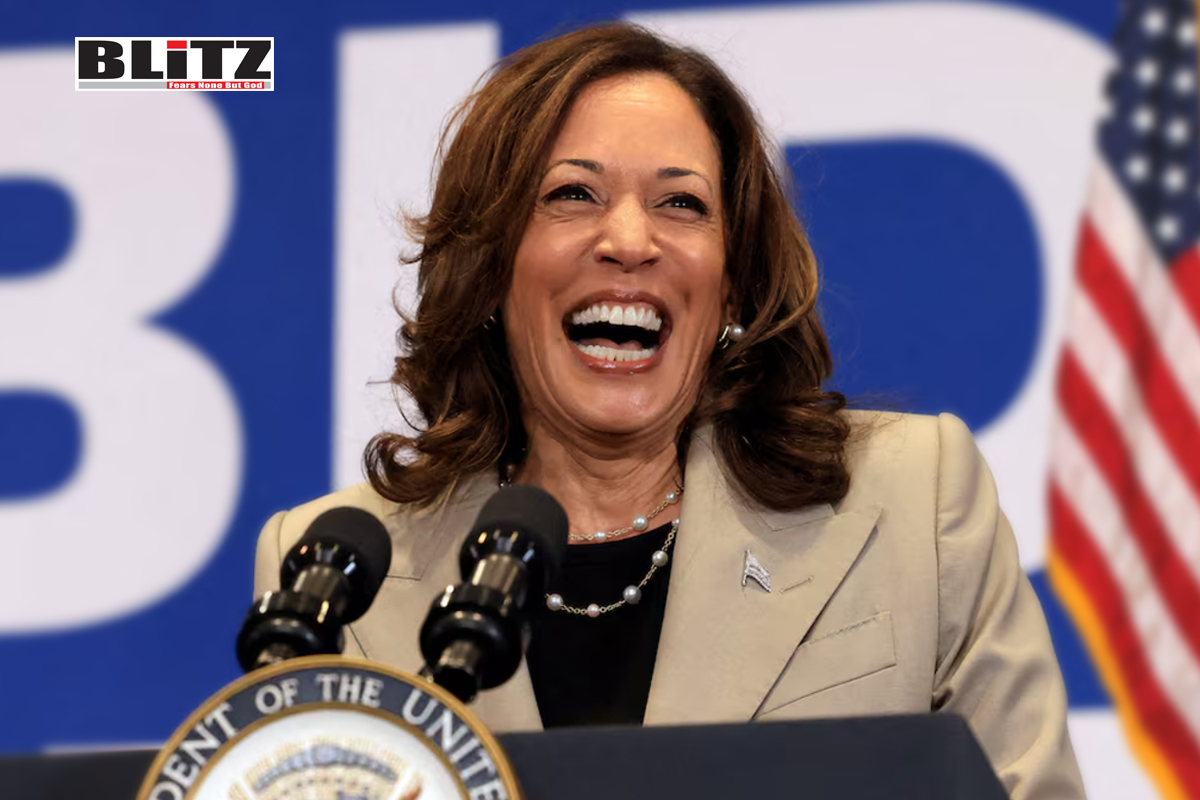
In a hallway of the Georgia State Convocation Center, where 10,000 people had gathered for a Kamala Harris rally, the atmosphere was electric. Among the attendees was a 56-year-old pediatrician from Atlanta who had initially been unimpressed with Harris during her first presidential run. “I think I succumbed to the narrative about her,” she admitted, according to The New York Times. At that time, she questioned Harris’s experience and qualifications, choosing instead to support Joe Biden. “I just didn’t know enough,” she reflected, acknowledging her lack of research into Harris’s background and capabilities.
As Biden’s most recent presidential campaign progressed, her confidence began to waver. “I was not hopeless, but I was definitely concerned,” she said, recognizing the challenges an aging president would face in securing another term. Amid this uncertainty, the sudden rise of Harris felt like a divine intervention. “I’m a person that believes in spirit, and I’m a person who believes that but God. And I say that a lot: But God.” This spiritual conviction translated into a belief that Harris’s ascension was part of a larger, transformative movement-political, social, and spiritual.
The rally in Atlanta was a testament to Harris’s growing appeal. Dressed in the pink and green colors of the Alpha Kappa Alpha sorority, which both she and Harris belong to, the pediatrician was visibly moved by the event’s vibrant energy. “I’ve lived in Atlanta for almost thirty years,” she shared. “I’ve seen people that I haven’t seen in decades. It’s just so hopeful and so much happiness.”
This wave of enthusiasm for Harris was a stark contrast to the mood just two weeks prior, when many Democrats and Republicans alike believed Donald Trump would easily reclaim the White House. At that time, Democrats seemed trapped between a declining president unable to campaign effectively and a potential successor with a lackluster reputation. The sudden shift in momentum with Harris’s nomination left some conservatives suspicious. Michael Brendan Dougherty of The National Review described it as a “psyop,” comparing Harris’s rapid rise in popularity to the artificial stardom of a pop star.
Yet, the enthusiasm for Harris is genuine. Unlike her 2019 presidential campaign, which failed to ignite widespread excitement, Harris now represents a new source of hope for many Democrats. The initial skepticism about her past as a prosecutor has given way to appreciation for her strong stance on law and order, particularly in the face of Trump’s legal challenges. Additionally, Harris’s engagement with pop culture has endeared her to a broader audience, reminding Democrats that politics can be enjoyable. Her supporters had already begun creating and sharing affectionate content online, making her transition to the nominee role seamless and widely celebrated.
Outside the rally, Tracy Hathaway, a 41-year-old nurse from Georgia’s conservative Forsyth County, exemplified the new wave of Harris supporters. Wearing a self-made shirt with the slogan “We Are Not Going Back Like Ever,” a blend of a Harris catchphrase and a Taylor Swift lyric, Hathaway handed out pro-Harris friendship bracelets. Harris, she said, was a “game changer” who inspired her to volunteer and actively campaign. As an Asian woman and daughter of immigrants, Hathaway saw Harris as a role model for her daughters.
For many Democrats, especially women, Harris’s candidacy represents a chance for redemption after the 2016 election’s heartbreak. Patricia Fulton, a 54-year-old activist from Marietta, Ga., recalled the devastating impact of Hillary Clinton’s loss. “We were literally on the precipice of making history,” she said, describing a potential Harris presidency as the “Hollywood ending” to a prolonged national ordeal. This time, there is no reluctance to show support publicly; the fervor surrounding Harris is open and vibrant, unlike the cautious enthusiasm during Clinton’s campaign.
Despite the current euphoria, questions remain about Harris’s ability to maintain this momentum. Conventional wisdom suggests that her current “honeymoon” period might wane under the scrutiny and attacks from the right. Harris will need to address criticisms regarding her shifting positions on key issues like fracking, single-payer health insurance, and border enforcement. However, Trump’s tenure has shown that emotional connection with voters can sometimes outweigh policy inconsistencies. Harris’s ability to inspire and connect with diverse groups of voters might prove more crucial than her policy past.
Comparing the energy around Harris to Barack Obama’s 2008 campaign, the pediatrician noted similarities in the sense of hope and happiness but highlighted a unique aspect: gender. “It’s different because it’s a woman,” she said. “And so I can look at you, you can look at me, and we’re two women, and we get it.” This shared experience among women, particularly women of color, has created a powerful sense of unity and determination. On her morning walks, she often exchanges knowing smiles with other women of color, a silent acknowledgment of their shared pride and hope.
Harris’s sudden rise from a perceived underdog to a political sensation reflects a broader shift in American politics. Her candidacy has reinvigorated the Democratic base, offering a renewed sense of purpose and excitement. Whether this fervor will endure through the trials of the campaign remains to be seen, but for now, Harris represents a beacon of hope for many who have longed for a transformative change in leadership.


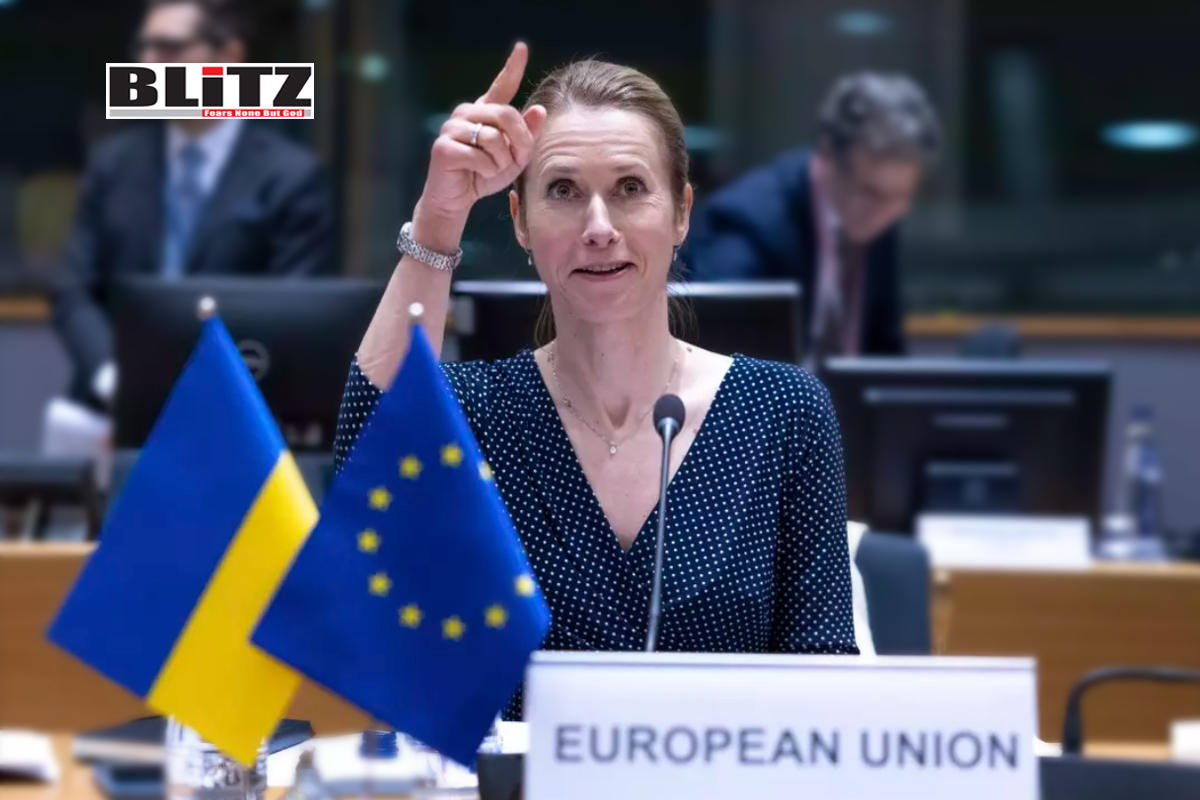




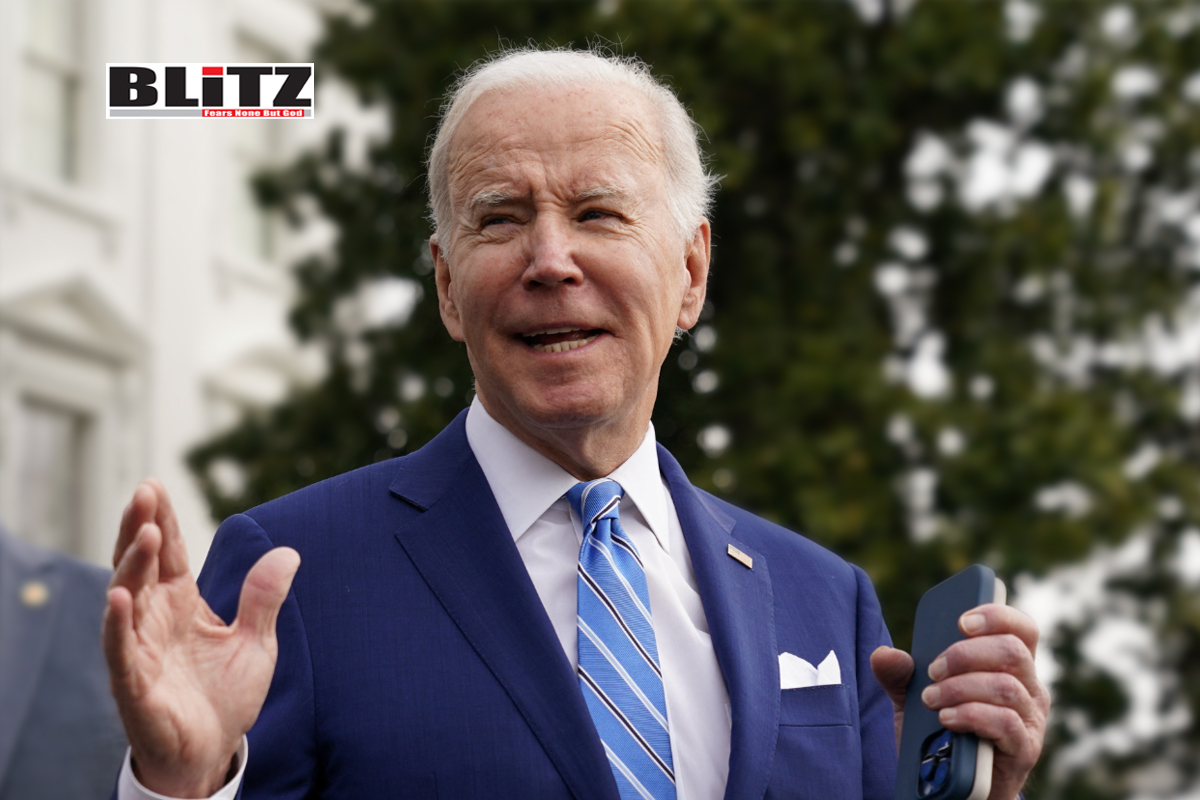
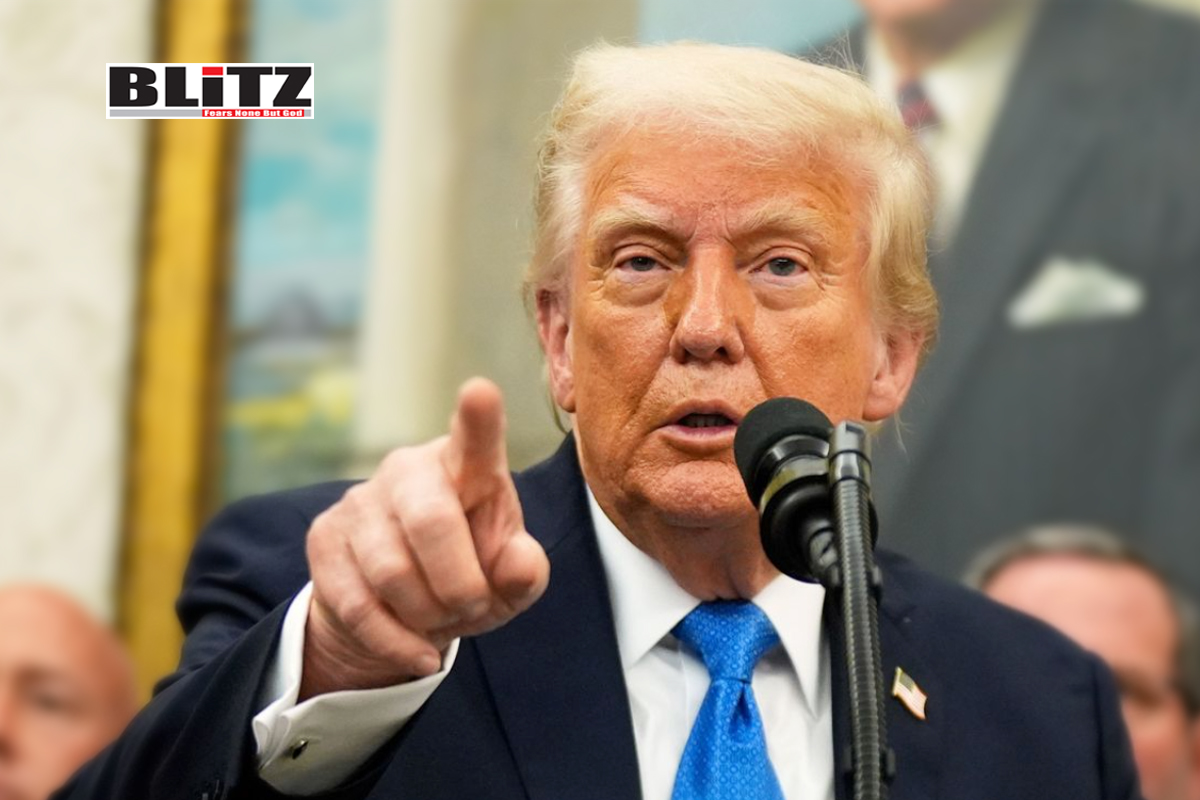
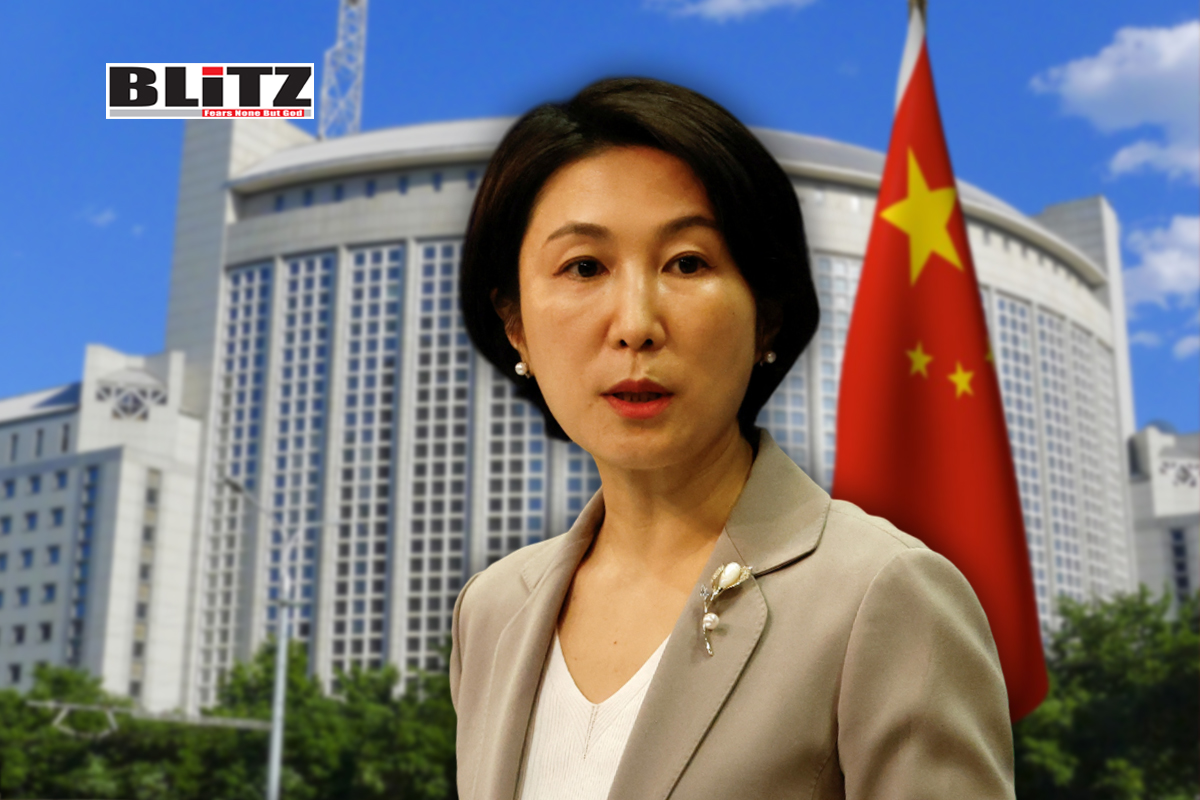
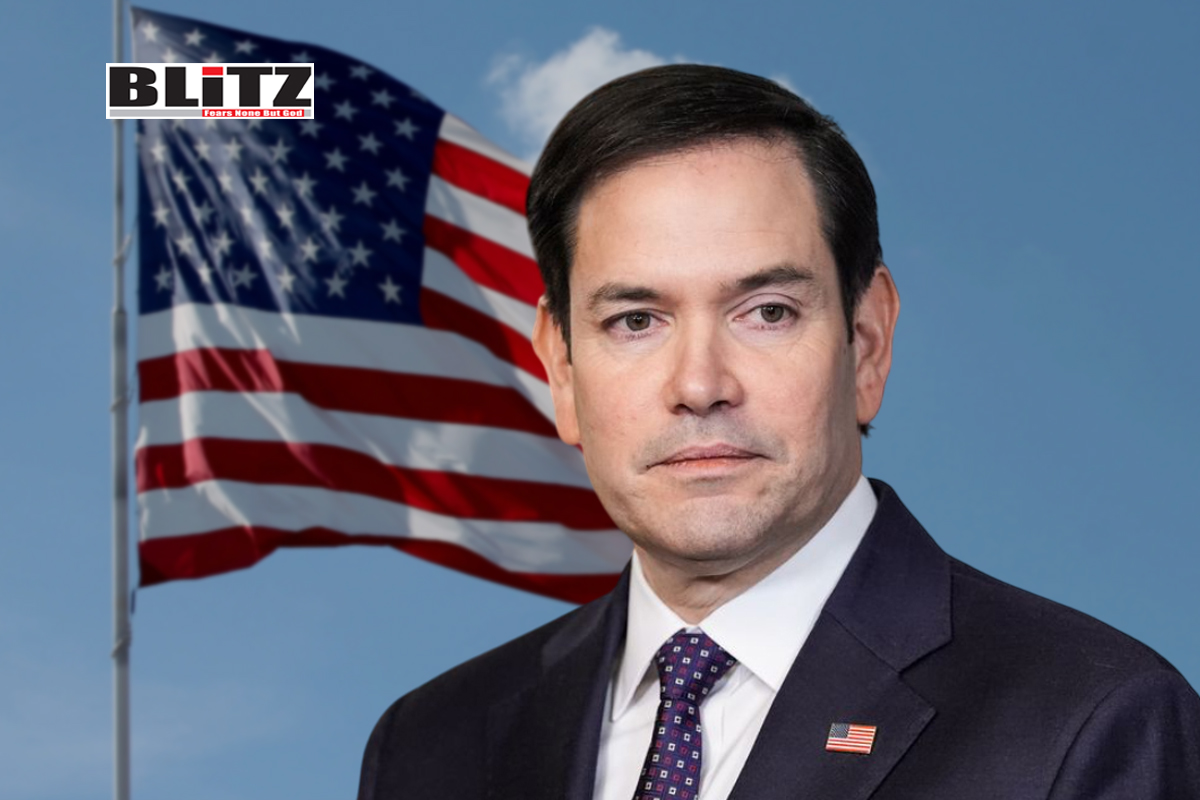


Leave a Reply